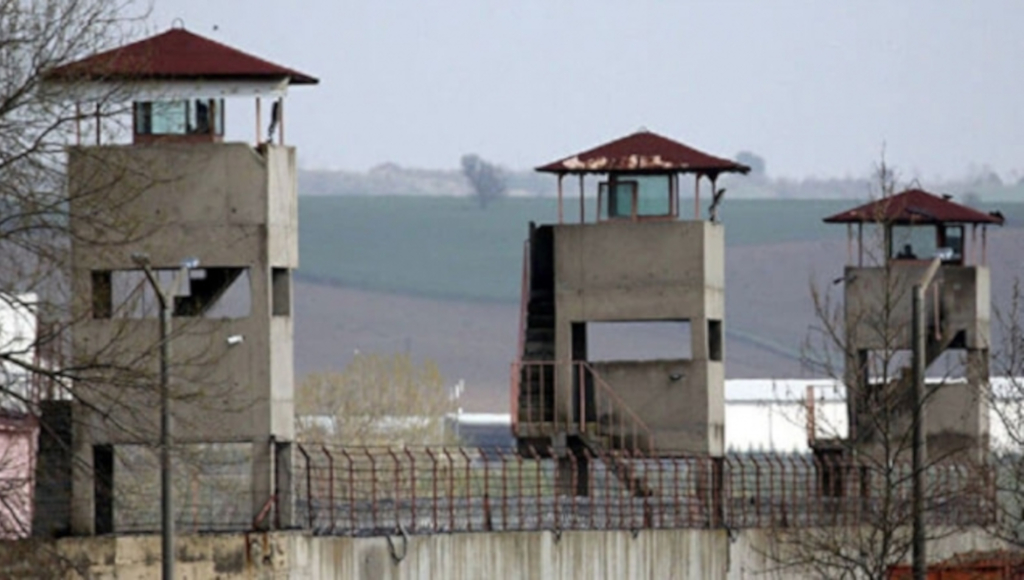Turkish prison authorities committed multiple human rights violations against inmates in 2024, including torture, strip-searches and the denial of medical care, the Stockholm Center for Freedom reported, citing a report by the Freedom for Lawyers Association (ÖHD) and the Federation of Legal and Solidarity Associations for Families of Prisoners (MED TUHAD-FED).
Among the most pressing concerns documented in the report is the denial of adequate medical care. At Ahlat T-Type Prison, inmates reported delays in transport to hospitals, leaving those with urgent medical issues untreated for weeks. Further complicating matters, prisoners were often required to undergo examinations when handcuffed, a practice that many resisted, thereby forfeiting their access to medical care.
Similar complaints emerged from Bolvadin T-Type Prison, where an inmate suffering from Hepatitis B revealed that he had not received proper medical assessments or treatment for over a year due to his refusal to comply with humiliating body searches required before hospital visits.
The report further alleges cases of torture and physical abuse. At Yozgat No. 1 T-Type Prison, inmates reported being physically assaulted by guards during searches and inspections. One prisoner described being dragged by the arm and pushed down a staircase, sustaining injuries, after which he was put in solitary confinement instead of receiving medical attention.
The study also documented psychological abuse, including sleep deprivation and intimidation, with guards entering cells at night, turning lights on and off, slamming doors and issuing verbal threats to instill fear among inmates.
The report exposed incidents of strip-searches and degrading treatment during searches. At Bakırköy Women’s Prison, female inmates reported invasive body searches conducted in the presence of male guards, leading to feelings of humiliation and insecurity. Comparable testimony came from the Çorlu High-Security Prison, where newly transferred inmates described being subjected to strip searches and verbal harassment during intake procedures.
Arbitrary punishment emerged as a central issue, with inmates reporting practices that created a climate of fear and insecurity. At Adana Kürkçüler F-Type Prison, prisoners who protested poor hygiene, limited resources or restrictions on books and communication faced solitary confinement, loss of visitation rights and abrupt transfers to distant facilities without notice. These transfers not only disrupted inmates’ stability but also severed ties with their families, leaving many unable to afford travel for visits.
At Çorlu High-Security Prison, prisoners described being confined to single-person cells with windows covered in mesh wire, blocking sunlight and creating a sense of suffocation. Frequent searches resulted in personal belongings being confiscated without explanation, and complaints about the conditions were often met with disciplinary actions or threats of further punishment.
Comparable accounts came from Bolu F-Type Prison, where inmates were subjected to prolonged solitary confinement, denied access to library resources and prevented from participating in group activities.
At Antalya S-Type Prison, inmates faced restrictions on books, television channels and access to independent news sources, effectively cutting them off from external information. Requests for social activities or rehabilitative programs were consistently denied.
Cultural and language rights violations were also documented at several facilities. At Bakırköy Women’s Prison, prisoners reported being denied access to Kurdish-language books and publications, with authorities citing security concerns. Some inmates alleged that even private correspondence in Kurdish was blocked, leaving letters unsent and communication disrupted. Similarly, at Bolu F-Type Prison, inmates shared the confiscation of Kurdish-language materials during routine searches.

